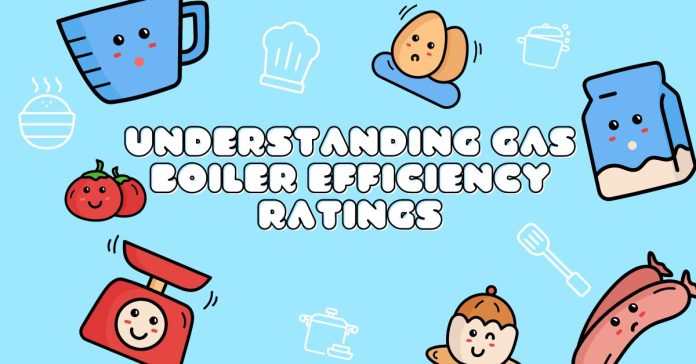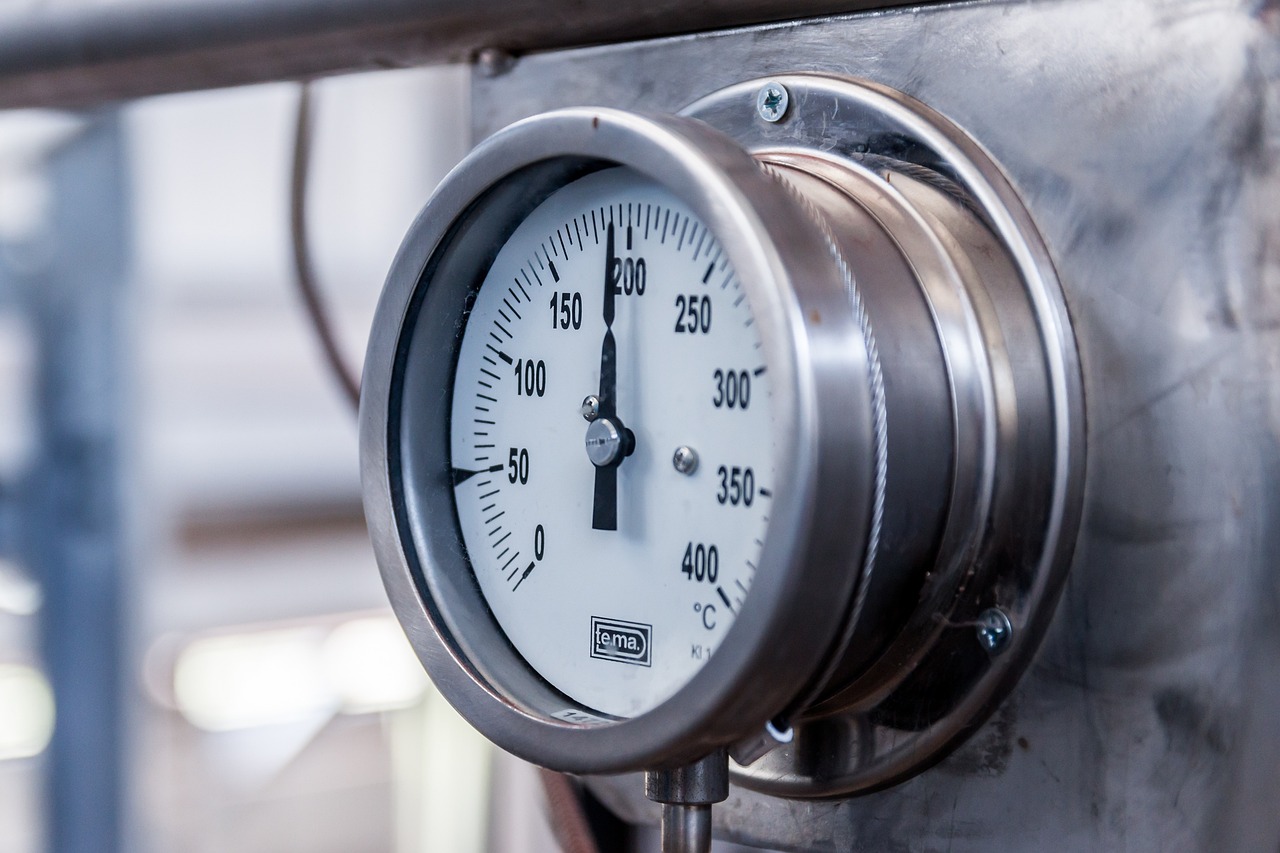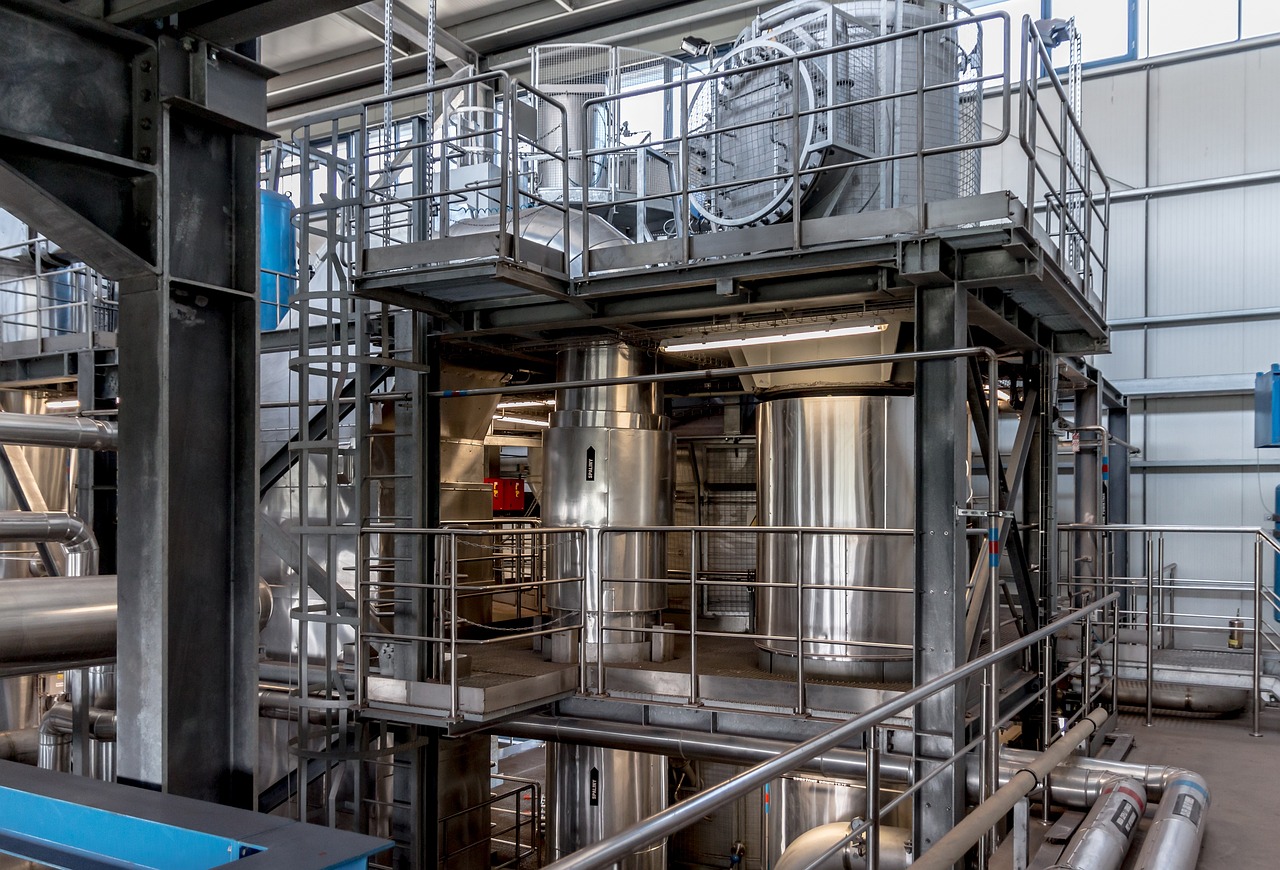Here, I will talk about understanding gas boiler efficiency ratings.
Keeping your house warm and comfy throughout the cold UK winters is critical. But that warmth comes at a cost: your energy bill. This is where your boiler’s efficiency rating comes in. It reveals how effectively your boiler converts gas into heat for your home. So, a more efficient boiler produces less waste energy. Moreover, this results in lower bills and a smaller environmental footprint.
If you have an old, inefficient boiler and wish to replace it with a more energy-efficient model, free boiler grants can help you make the switch. The government’s financial aid enables low-income households to minimize carbon emissions, save energy, and money on heating costs. If you haven’t applied yet, please do so today.
Table of Contents
Understanding boiler efficiency rating system
You may encounter two primary boiler efficiency rating systems: SEDBUK and ErP.
- SEDBUK (Simplified Energy Demand User Label): This older approach used a letter scale ranging from A (highest efficiency) to G (lowest efficiency).
- ErP (Energy-related Products): This newer system employs a rating ranging from A+++ (highest efficiency) to G (lowest efficiency). Don’t be concerned if you see plus signs; for boilers, A is essentially the same as A+++ in terms of efficiency.
What do the boiler efficiency ratings mean to you?
- A-rated boilers: These are the top performers, converting at least 90% of the gas into heat. As a result, you can save energy and lower your carbon emissions.
- B- or C-rated boilers continue to work well, with efficiencies ranging from 80% to 90%.
- D- or E-rated boilers are less efficient, converting approximately 70% to 80% of gas into heat. Also, you might be overspending on petrol.
- F- or G-rated boilers are the most inefficient, converting less than 70% of gas into heat. Consequently, replacing these with modern boilers can result in significant cost savings.
Can my new boiler lower gas bills?
Without a doubt, it can. New boilers are far more effective at saving you money on gas expenses. They’re all at least 90% efficient, which means they use practically all the gas to provide heat for your home (A-rated). This is far superior to earlier boilers, which can be as inefficient as 70% (G-rated), resulting in much wasted gas!
Of course, replacing an outdated boiler with a new one can save you a large sum on your annual gas bill. For example, many consumers save up to 23% by switching from a D-rated boiler to a new A-rated boiler.
The amount you save is determined by factors such as the size of your home and its insulation. Regardless of the circumstances, a new boiler can help you save money.
READ ALSO: A Beginner’s Guide to Navigating the World of Finance
How to find boiler efficiency ratings?
- Check the boiler’s manual: Look for the energy label or a section about efficiency.
- Look for a label on the boiler itself. Most boilers feature a sticker with rating information.
- If you can’t find the label or manual, search for the boiler model number online, followed by “efficiency rating.
 Benefits of high boiler efficiency ratings
Benefits of high boiler efficiency ratings
- Lower energy bills: This is the most significant advantage. A contemporary A-rated boiler can save you hundreds of pounds per year vs an older boiler.
- Reduced carbon footprint: Using less gasoline may benefit the environment.
- Improved heating performance: Modern boilers often heat water more quickly and consistently, keeping your home warm.
- Increased boiler life: High-efficiency boilers are more reliable and last longer.
Why replace an old boiler?
If your boiler is over 15 years old and has a low rating (D or below), replacing it with a high-efficiency model may be a wise investment.
No doubt, the initial cost may be considerable, but the long-term savings on energy expenses can quickly offset it. Additionally, the UK government offers various schemes to assist homes in replacing their aging boilers with energy-efficient models.
These programs can provide grants or vouchers to help with the cost of a new boiler. Check with your local municipality or energy supplier to see if you are eligible for assistance programs.
More tips for saving money on heating
- Get a regular boiler service: This ensures your boiler functions efficiently and helps prevent costly problems.
- Install a thermostat: This lets you control your heating while saving energy precisely.
- Upgrade your home’s insulation: A well-insulated home retains heat more effectively, reducing the load on your boiler.
- Consider alternative heat sources: To further reduce your reliance on gas, consider installing solar panels or a heat pump.
Conclusion
Boiler efficiency ratings are critically crucial for every household. So if you’re still using an older, inefficient boiler, it’s time to replace it with an A-rated energy-efficient model.
Efficiency allows you to live in a warm, comfortable home while saving money and conserving the environment. Remember, a simple investment in a high-efficiency boiler can result in substantial savings and a more sustainable future.
INTERESTING POSTS
- How To Avoid Malicious Chrome Extensions [8 PROVEN Methods]
- Website Heatmap: What It Is, Why You Need It, And How To Use It
- Guide To Choose The Right Electric Radiators
- Data Security Protection Tips That Would Help Save Your Money
- What Are The 3 Main Benefits Of General Liability Insurance?
- A Strategic Guide to Partnering With the Right Energy Consultants
- AI vs. AI: A Modern-Day Cyber Cold War
About the Author:
Mikkelsen Holm is an M.Sc. Cybersecurity graduate with over six years of experience in writing cybersecurity news, reviews, and tutorials. He is passionate about helping individuals and organizations protect their digital assets, and is a regular contributor to various cybersecurity publications. He is an advocate for the adoption of best practices in the field of cybersecurity and has a deep understanding of the industry.







